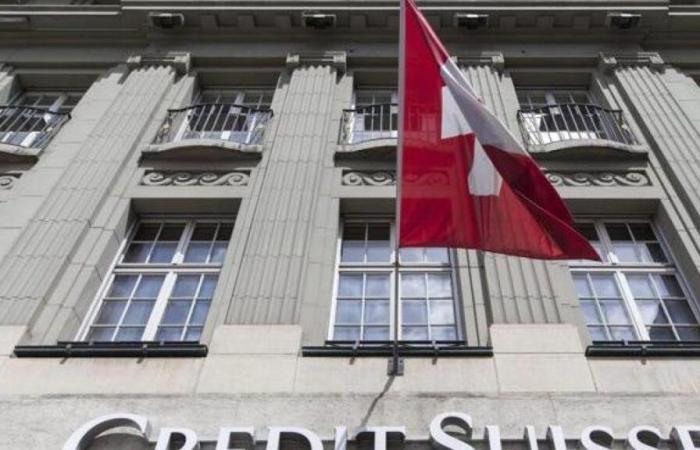Of
Francesco Bertolino
The conclusions of the Commission of Inquiry accuse the institute's leaders. But they also criticize the actions of the Swiss market authorities. The consequences for UBS, the author of the bailout
One morning in March 2023, the Swiss and the world suddenly discovered that Credit Suisse was not “too big to fail.” The beginning of the end of a 167-year history was the “absolutely no” pronounced on March 15 last year by the then president of the Saudi National Bank, Ammar Alkhudairy, in response to those who asked whether he would be available to participate in a new recapitalization of the Zurich bank. After the words of the Saudi manager, Credit Suisse would have lost over 30 billion on the stock market in a few hours and the insurance on Credit Suisse's bankruptcy would have reached 1000 basis points, i.e. a probability of default in five years greater than 50%. In reality, the crash would have arrived much earlier, within a few days, forcing the Swiss authorities to orchestrate an emergency rescue, having Credit Suisse acquired by competitor UBS.
The Commission of Inquiry
The Credit Suisse collapse has created havoc in Switzerland and abroad, undermining confidence in the stability of one of the world's main financial centers. To ascertain the causes, the Swiss Parliament decided to establish a commission of inquiry, the fifth in its history. The outcome of the work is contained in a 566-page document which reconstructs the genesis of the crisis and identifies its responsibilities. Which are certainly not to be identified in the improvident statements of the number one of Saudi National Bank.
Accusations at the top of Credit Suisse
«Years of mismanagement are at the root of the Credit Suisse crisis»is the conclusion of the Commission of Inquiry, approved unanimously. “Responsibility for the loss of trust and its precarious conditions, which threatened its survival in 2023, lies with the bank's board of directors and its management in recent years.” However, the legislator does not spare criticism of the Swiss supervisory authority, Finma, «deploring it the partial ineffectiveness of the surveillance activity”in particular regarding the capital reserves required of Credit Suisse for risky activities conducted abroad for clients such as Archegos and Softbank.
The consequences for UBS
However, the results of the Commission of Inquiry are not just a reconstruction of a past event. The legislator draws some of them ideas for updating current regulationsin particular with regard to “too big to fail” banks. The Swiss government and Finma have long been considering tightening capital requirements for systemically important institutions, as well as strengthening the authority's supervisory powers. According to analysts, this could mean that UBS will need to set aside between 15 and 25 billion dollars in additional capital.
New app The Economy. News, insights and the virtual assistant at your service.
DOWNLOAD THE APP
Subscribe to the L'Economia newsletter. Analysis and comments on the main economic events by the Corriere's authors.
December 20, 2024
© ALL RIGHTS RESERVED







